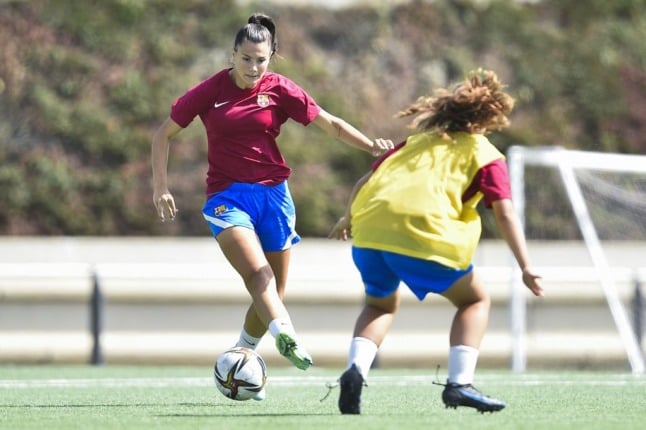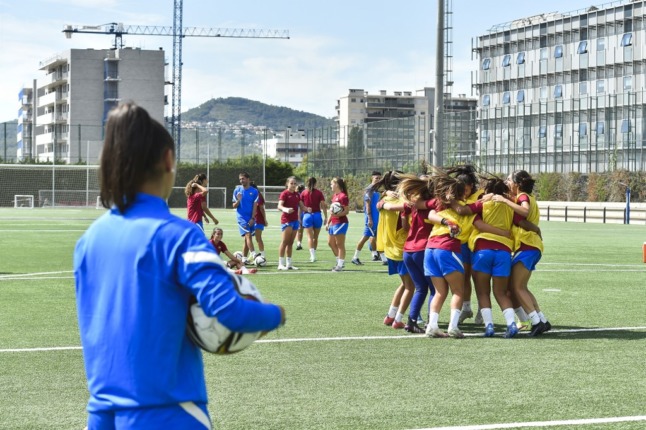GENDER EQUALITY
Are Spanish workplaces sexist?
On International Women's Day, we ask expat and Spanish women if there's any discrimination in the workplace in Spain.
Published: 8 March 2013 16:11 CET
Updated: 10 March 2013 15:15 CET
Updated: 10 March 2013 15:15 CET

"We Can Do It!": An American wartime propaganda poster produced to boost worker morale. Photo: DonkeyHotey/Flickr
"Women's day serves to remind us that there is still gender discrimination, even if it's not as prevalent in Spain as in other countries. If women want to celebrate it with male strippers, by buying female lingerie, or flowers or in whatever way they want, then OK! I personally think it trivializes a worthy cause but at least it makes people aware of it."
Garazi, unemployed psychologist, Bilbao
"The Spanish are very understanding when it comes to women having children, at least in terms of giving you leave. But the financial support you get from the government is limited and only lasts a short time. So there's not much incentive to have children here."
Kerstin Ludwig, German, businesswoman, Andalusia
"The fact that there's an International Working Women's Day in the first place is sexist. All it does is set us apart from men: we don't need to be given that recognition."
Mar, economist, Madrid
"Merit must prevail, regardless of whether you're a man or a woman. We've come a long way in Spain over the last fifty years and I don't really think discrimination against women is that much of an issue anymore. I've worked at a bank and at a hospital and I've never had any experience of discrimination."
Estrella Moreno, real estate agent, Madrid
"It has to be said Spanish men are much more like your typical alpha male compared to men in the UK. But I make an effort to do my job well in front of them and the boss. I help them when they need me to and that earns their respect."
Sophie, interpreter, Tenerife
"There's much more equality in the civil service in Spain than in the private sector. In fact, there's more female civil servants here than there are male ones. But I think moving up the ladder in a private company is definitely harder for women."
Rocío, civil servant, Madrid
"It's worse for women in Italy, my home country. At least in Spain they have laws that state meetings can't be held late in the day as it clashes with the time when women have to pick up their kids from school."
Anna Demartini, Italian PhD student, Madrid
"Women's age plays a part, I think, in terms of whether they get discriminated against or not. Also it depends on whether women have a family or wish to have one. This is not a problem for men, even if they do have kids, because of this assumption that they won't need to take care of them."
Clara, translator, Barcelona
"Personally, I haven't had any negative experiences working as a woman in Spain, but you do hear that working conditions are getting worse and worse. There's more hours, more work and less pay, which of course takes its toll on those women that have families to get home to."
Vicky Martin, English, marketing expert, Valencia
"I've never personally suffered any discrimination in Spain. For mothers, for example, the labour law is pretty comprehensive. After I had my first child, I had five and a half months leave fully paid, and that included breastfeeding leave. When I went back to work, I could choose to work reduced hours but my social security payments were paid as if I was working full time. I also got a €100 a month-payment for being a working mother. So I think Spain is pretty fair to working mothers."
Emma, New Zealander, artist, Seville
Url copied to clipboard!




 Please whitelist us to continue reading.
Please whitelist us to continue reading.
Member comments